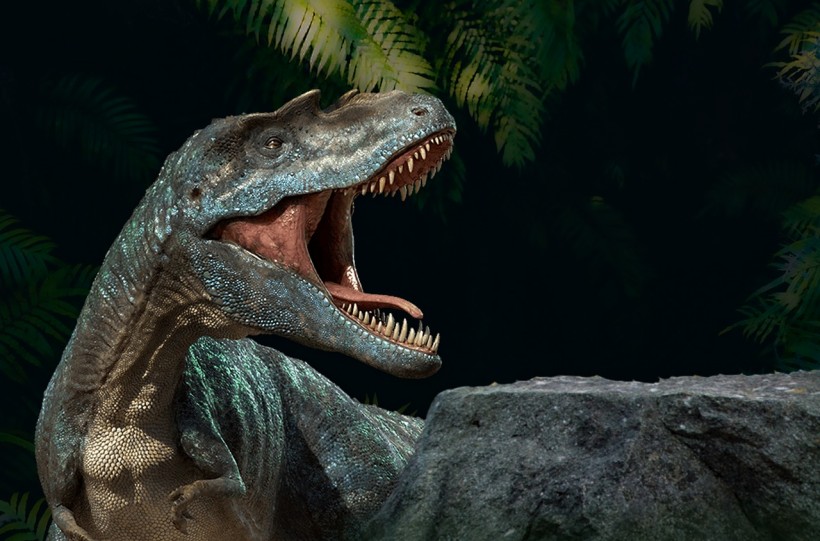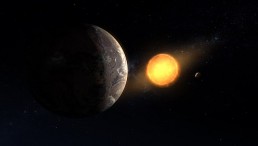Modern birds are known to be descendants of dinosaurs that lived millions of years ago. Now, a scientist found that the former's brains are in proportion to those of the latter's brains. She calculated the possible brain mass of Tyrannosaurus rex using fossilized skulls and found that the dinosaur brain would be about 343 grams and is packed with trillions of neurons.
That means some of the dinosaurs were smarter than previously thought. The study, titled "Viking Age to Modern Day Scandinavia Unveiled Through 2,000 Ears of Genetic History" published in the Journal of Comparative Neurology, reports that the dinosaur's brain may have enough neurons to create cultures and solve problems.

Dinosaur Brains May Have Been Packed With Neurons as Modern Primates, Suggesting T. Rex Was Smarter Than Previously Thought
Smart Like Baboons
According to The Washington Post, neurologist and biologist Suzana Herculano-Houzel of Vanderbilt University found that dinosaurs could have abundant neurons in their brain that could be equivalent to baboons, which might lead to therapods.
Herculano-Houzel shared the study on Twitter saying that T. rex had baboon-like numbers of brain neurons that would have allowed them to build tools, solve problems, and live up to 40 years.
The new study adds to the increasing body of evidence that the T-rex was more than simply a gigantic brute, Interesting Engineering reported. It appears to have been a social animal that hunted in packs with a brain that may have housed 3 billion neurons, according to Herculano-Houzel.
Herculano-Houzel developed an equation that connects an animal's brain mass with the approximate number of neurons in the cerebrum, which includes the cortex, based on estimated brain masses obtained from CT scans of dinosaur skulls and a large database of bird and reptile brain masses from the previous year.
She said that it was great to be able to collect these figures for these beautiful species who no longer exist and to be able to add something to the jigsaw of what their lives were like before they went extinct when a massive asteroid hit Earth.
According to specialists, the report has a strong thesis. Paleontologist Fabien Knoll from the Aragonese Foundation for Research and Development at Dinópolis in Teruel, Spain said that they had no clue how many neurons dinosaurs may have until today.
What Did Other Experts Say?
Despite the evidence presented in the study, not all paleontologists are convinced. According to Science Alert, some scientists believe that the aggressive claims are "far-fetched" and based on some questionable interpretations of obsolete data.
But nothing beats a scientific debate for posing some huge concerns about intelligent creatures and the electrochemical configurations within the brain that humans still do not completely comprehend.
The paper's single author, Herculano-Houzel, analyzed data from living birds and current reptiles to extrapolate how the number of neurons scales with increasing brain mass.
But biologists said that skull size does not always correspond to brain volume or mass. Herculano-Houzel estimated brain size using CT scans of prehistoric skulls.
While Herculano-Houzel contends that theropod brains filled their cranial cavities, other research has shown that T. rex filled just a third to half of its endocranial area.
In any case, brain folds, wrinkles, and synaptic connections are typically thought to be more accurate predictors of intelligence than overall brain size or even the number of cells. Herculano-Houzel claims that calculating neuron counts from brain mass are a reliable approach that has been used on hundreds of mammal, bird, and non-avian dinosaur species.
RELATED ARTICLE: Dinosaurs Could Have Been Declining 2 Million Years Before the Asteroid Impact, Study Reveals
Check out more news and information on Paleontology in Science Times.














